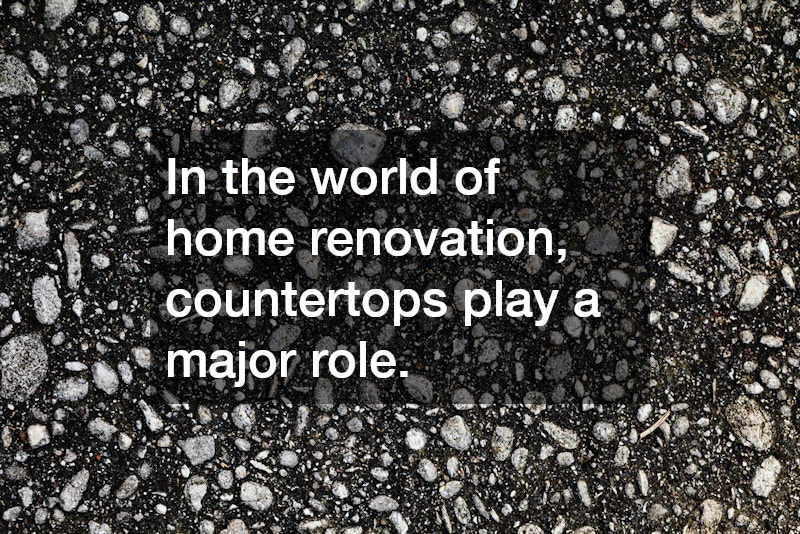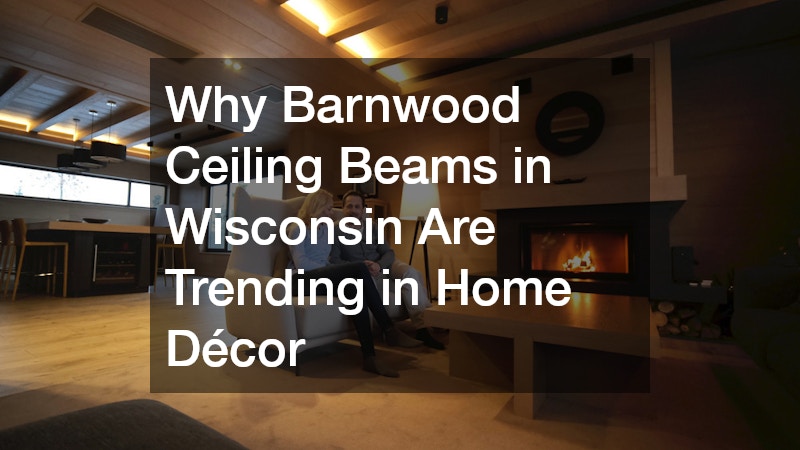
In the world of home renovation and interior design, countertops play a significant role, especially in kitchens and bathrooms. Among the available options, quartz and quartzite countertops have gained significant attention due to their unique properties and aesthetic appeal. This article aims to delve into the debate of quartz countertops vs. quartzite, shedding light on their characteristics, advantages, and disadvantages to help homeowners make an informed decision.
What are Quartz and Quartzite Countertops?
Characteristics of Quartz Countertops
Quartz countertops are engineered products made from roughly 90% ground quartz and 10% resin and pigments. This blend of materials creates a robust surface that mimics the look of natural stone while offering enhanced durability.
The manufacturing process allows for a wide variety of colors and patterns, providing flexibility in design. These countertops typically have a uniform appearance, which appeals to those seeking consistency in their countertop aesthetics.
One of the benefits of quartz countertops is that they are non-porous, making them resistant to bacteria and staining. Due to the resin, they don’t require sealing, which aids in their low maintenance.
Characteristics of Quartzite Countertops
Quartzite countertops originate from a naturally occurring metamorphic rock composed almost entirely of quartz. These slabs are mined directly from quarries and then cut into more manageable sizes for countertop installation.
The natural formation process imbues quartzite with striking visual attributes, such as dramatic veining and a distinct crystalline sparkle. This unique aesthetic makes quartzite particularly desirable among those who appreciate the beauty of genuine natural stone.
Because it is a natural stone, each quartzite slab is unique, with variations in color and pattern. This quality can elevate the luxurious feel of any kitchen or bathroom.
Durability: How Do Quartz and Quartzite Stand Up to Wear and Tear?
Durability of Quartz Countertops
Quartz countertops are noted for their excellent resistance to scratches and chipping. Thanks to the resin binding, they have a durable surface that can handle daily kitchen activities robustly.
This material offers a typical lifespan of 10 to 15 years, although many countertops last longer with proper care. Quartz stands up well to stains and does not absorb liquids, making maintenance straightforward.
Durability of Quartzite Countertops
Quartzite is renowned for its hardness, which extends beyond that of granite, making it highly resistant to scratches and etching. It is one of the most robust natural stone options available for countertops.
Its resilience to environmental damage, such as exposure to outdoor elements, allows it to maintain its integrity over time. Contracting and expanding very little with temperature changes, quartzite is very stable.
Aesthetic Appeal: Comparing the Look of Quartz vs. Quartzite
Aesthetic Features of Quartz
Quartz countertops offer a vast selection of colors and patterns, from bold, contemporary styles to classic, natural stone looks. Manufacturers can precisely control the appearance, allowing quartz to mimic granite or marble convincingly.
The uniformity of quartz can provide a sleek and cohesive look across large surfaces, appealing to those preferring aesthetic consistency. For homeowners who want their kitchen to match their exact design vision, quartz offers unmatched flexibility in customization.
Aesthetic Features of Quartzite
Quartzite captivates with its natural beauty, presenting an aesthetic depth brought out through its striking veining and varied coloration. Each slab is a unique masterpiece, offering a one-of-a-kind countertop for those who cherish distinctiveness.
The natural patterns within quartzite provide an organic beauty that changes slightly with light and angle, creating a living work of art in a kitchen or bathroom. Its rare and luxurious appearance can elevate the feel of a home, making it a favorite among high-end designs.
Maintenance: What Does It Take to Care for Quartz and Quartzite?
Maintenance Requirements for Quartz
Quartz countertops are low-maintenance, requiring only regular cleaning with mild soap and water. Their non-porous nature means they do not need sealing, simplifying the long-term care process.
Unlike natural stones, quartz is less susceptible to mold and bacteria growth, adding a sanitary benefit. This ease of maintenance makes quartz a desirable option for busy households.
Maintenance Requirements for Quartzite
Quartzite countertops require more maintenance than quartz, largely due to their porosity. Regular sealing is essential to prevent potential staining and preserve their natural luster.
Cleaning should involve gentle cleaners and soft cloths to maintain the integrity of the surface. With appropriate care, the stunning beauty of quartzite surfaces can last for decades.
Cost: Evaluating the Investment in Quartz and Quartzite Countertops
Cost Considerations for Quartz Countertops
The cost of quartz countertops varies based on factors like brand, color, and design complexity. Installation can add a significant expense, but the ease of maintenance often offsets long-term costs.
Typically priced between $50 to $150 per square foot installed, quartz can fit a wide range of budgets. It’s a versatile investment for those seeking a balance between style, function, and affordability.
Cost Considerations for Quartzite Countertops
The cost of quartzite is influenced by its rarity, color, and thickness, often making it one of the more expensive countertop options. Prices can range from $60 to upwards of $200 per square foot installed.
Extraction and transportation also contribute to higher costs, as quartzite must often travel from distant quarries. However, its long lifespan and natural beauty provide excellent value for those willing to invest.
Both quartz and quartzite countertops offer distinct advantages and potential drawbacks. While quartz provides diverse design choices and ease of maintenance, quartzite impresses with its natural elegance and durability. Ultimately, the ideal choice depends on personal preferences, budget considerations, and the specific needs of your living space.
.





